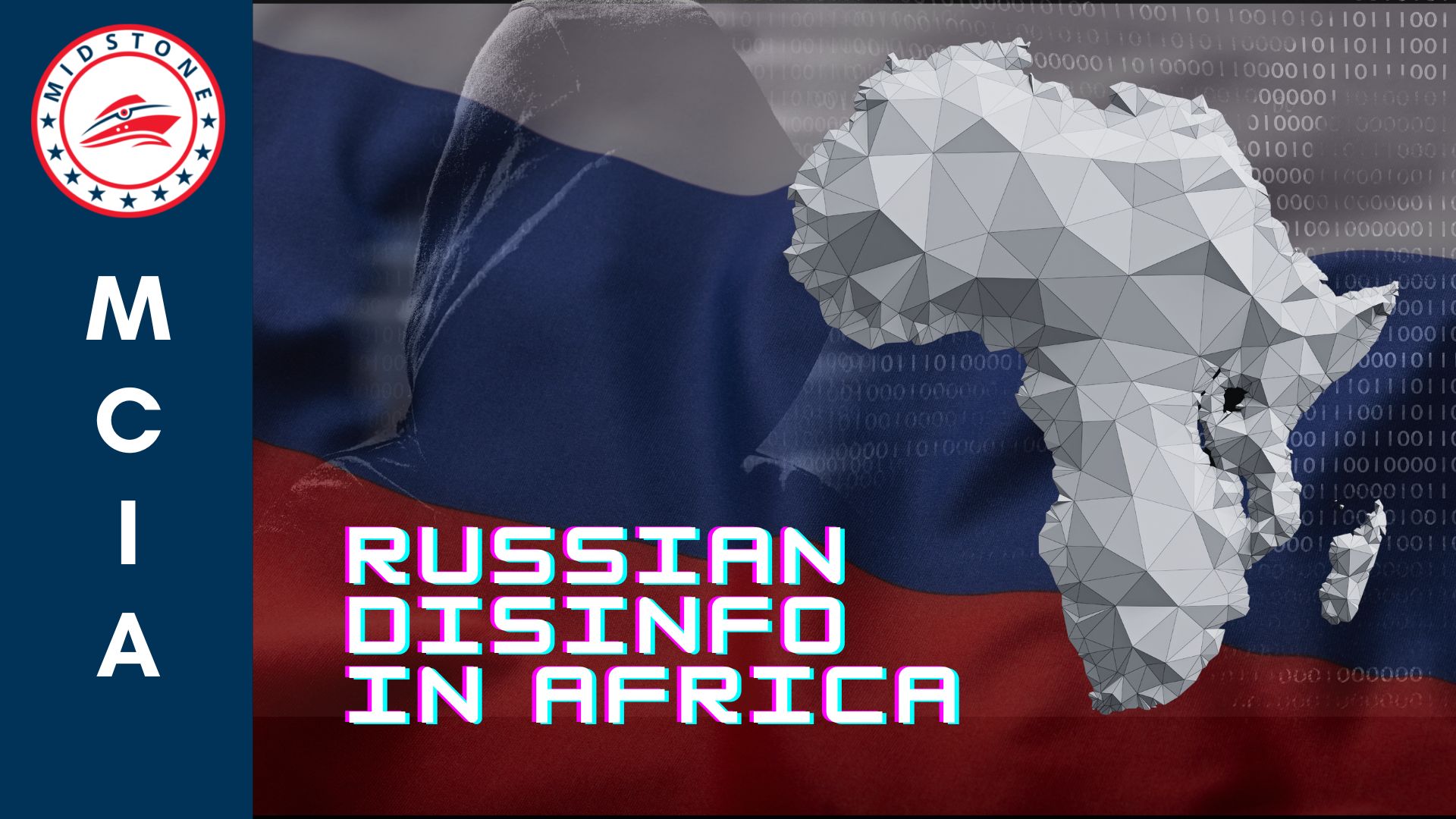
The images from Burkina Faso after the recent coup have been startling. After the ouster of the previous junta by another group of dissatisfied officers, two things stood out: First was the number of Russian flags being flown by those celebrating the ouster, and the other was the subsequent arson attacks on French interests.
Why does this matter? A report released earlier this year by the Africa Center for Strategic Studies, a think tank that is associated with the U.S. Department of Defense, focused on Russian disinformation operations in Africa.
After reading the document and monitoring events in Central Africa during the summer of 2022 a reasonable conclusion can be made. Some of the most successful tactics used in Mali appear to have been used again in the Democratic Republic of the Congo. So what were the details?
We know that in consecutive years (2020-21) Mali suffered coups. The first event in August 2020 removed the civilian government led by Ibrahim Boubacar Keita by disaffected military officers. This military junta would itself be ousted in another coup on May 24, 2021. The second coup would cause a seismic shift in Sahel politics.
After the second coup, there was a noticeable change in some of the rhetoric. Statements released by the junta took on an anti-French and then anti-UN bias while presenting a pro-Russian outlook. After a year the French forces operating under the auspices of Operation Barkhane were withdrawn from Mali and deployed to other countries in the region. Who replaced the French forces? The Russian private military company Wagner would be invited to assist the Malian junta to restore order. Would we see this scenario play out again?
The answer to this question is a resounding yes. The wait would not be long and nor would there be a surprise in the tactics that were used. The location? That would be the Democratic Republic of the Congo. Here are some interesting data points.
During the summer of 2022, there was substantial activity online regarding the violence in the Eastern part of the country. M23 (May 23rd Movement), a militia group that had not only been dormant for a decade and even integrated into FARDC (Armed Forces of the Democratic Republic of the Congo) had once again taken to the field. The group has had successful operations where both FARDC and UN Peacekeepers seemed to be incapable of preventing M23 from either launching operations or gaining territory.
So what was the solution? Find someone and hold them accountable. Who should be blamed? That question had an easy answer. The guilty parties were held to be both Rwanda and UN Peacekeepers. But another question then has to be asked. Who could be targeted to hold both of those parties accountable? There was a quick and easy solution.
When the hashtags #Rwandaiskilling and #MONUCSOiskilling appeared in July, sharing images of atrocities being committed in the provinces of Ituri, Nord Kivu and Sud Kivu, it was clear that there was a target in mind for this operation. That would be revealed by Antony Blinken, the Secretary of State for the United States.
One of the goals that the supporters of the Twitter campaign had was to have the United States declare M23 as an FTO (Foreign Terrorist Organization). While the goal is laudable and indeed may happen it shows that indeed an agenda was underway.
Another reason why this smells like an influence operation is that after Secretary of State Blinken visited the DRC and Rwanda, the number of tweets that were targeting him for action actually decreased. Chalk that up to a successful operation.
There have been successes against MONUCSO as well. In August, the spokesman for the Mission was expelled from the DRC. This was similar to a move made in Mali where the UN spokesman was expelled over a tweet criticising the arrest of Ivorian Peacekeepers. There also have been protests critical of the inability of UN Peacekeepers to protect civilians while little criticism is levied towards Kinshasa. This is a classic deflection as well.
Russia has identified Africa as an arena where they have opportunities for growth and influence. Continued operations in this area will bear fruit for their efforts as long as there is no pushback.
